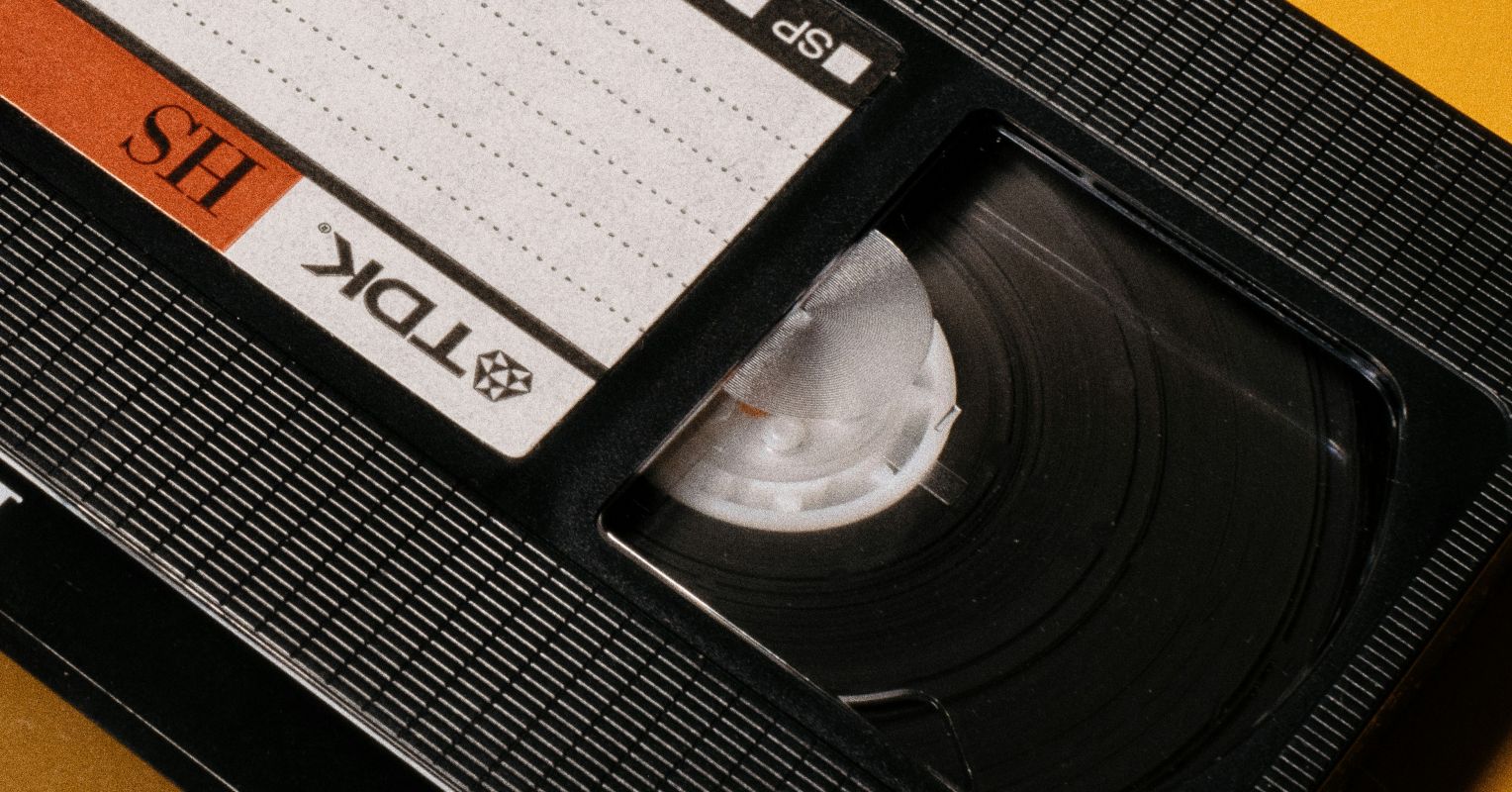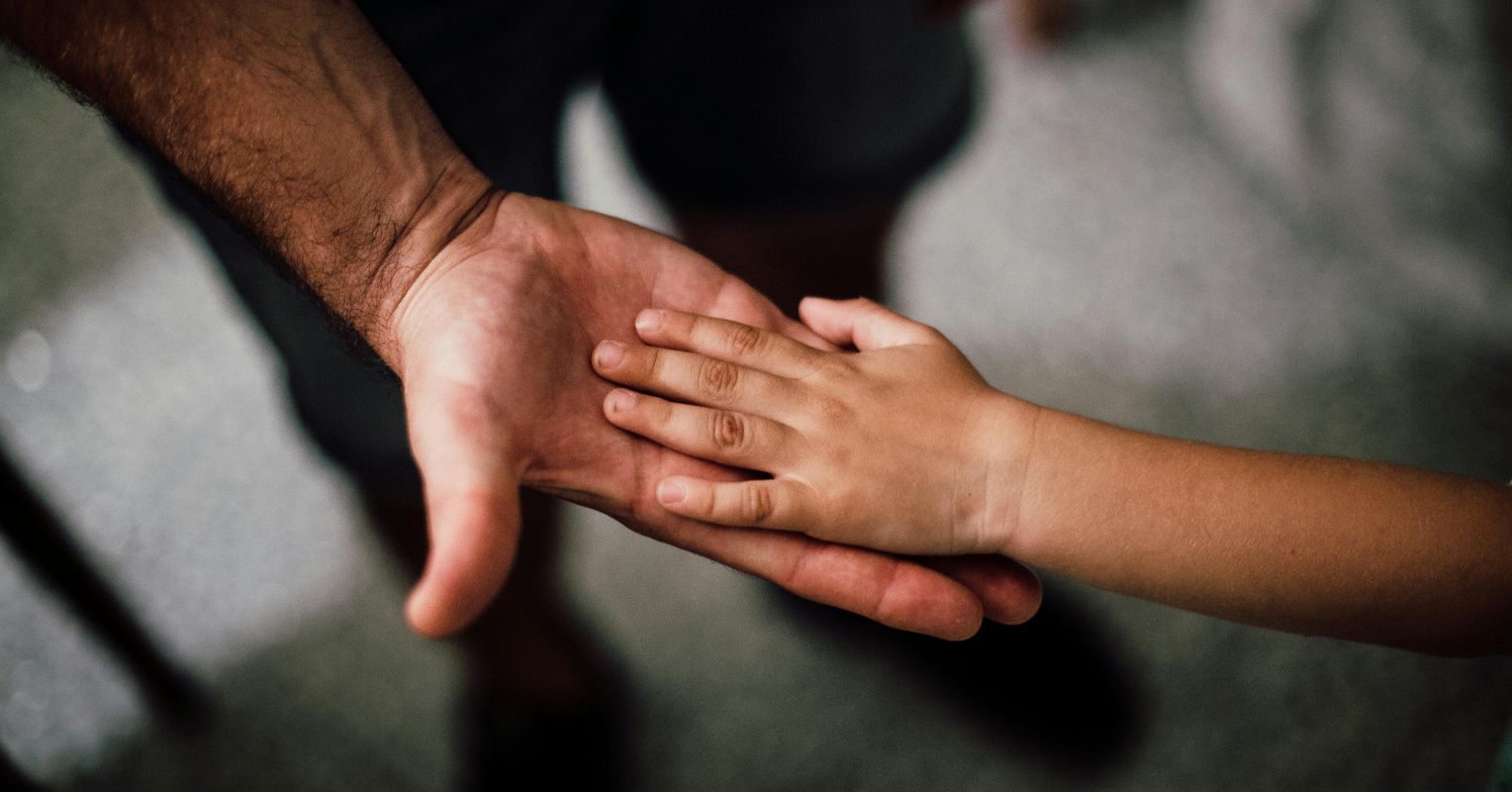#memory
#memory
[ follow ]
#grief #aging #family #identity #neuroscience #nostalgia #photography #hippocampus #loss #theater #mortality #poetry
fromYanko Design - Modern Industrial Design News
1 day agoThis MIT Prototype Translates Images Into Fragrances That Your Mind Remembers Better - Yanko Design
At a time when memories are increasingly flattened into folders, feeds, and cloud backups, a new experimental device from MIT Media Lab proposes a far more intimate archive: scent. Developed by Cyrus Clarke, the Anemoia Device is a speculative yet functional prototype that translates photographs into bespoke fragrances using generative AI, inviting users not to view memories, but to inhabit them through the body.
Gadgets
fromdesignboom | architecture & design magazine
2 days agodesignboom radar: exhibitions to see around the world this february
Ceramic works by Nicole Cherubini emphasize motifs of collage at Friedman Benda in New York, while the Berlin show, Vital Architecture: Between Idealism and Reality, turns attention to the built environment, tracing how architectural thinking negotiates environmental conditions and history through research-driven practice. Questions of time, inheritance, and transformation run through the month.
Berlin
fromPsychology Today
5 days agoWhen Memory Worries Deserve Attention
Most people will forget a name, misplace their phone, or lose track of a conversation at some point. Usually, those moments pass without much thought. But for many adults, especially as they age, small lapses can trigger a much deeper fear: Is this the beginning of cognitive decline? As a neurologist, I hear this concern often. And as a researcher, I have learned something important: Worry about cognition and cognitive disease are not the same thing.
Mental health
fromAnOther
2 weeks agoA Reading List by Ocean Vuong: Part One
Because, let's face it, creative work does require some form of faith. It is a tumultuous thing to launch an idea into a vast nothingness and hope that it makes a light bright enough to be found by others. Luckily, these luminaries were my light, and I hope they may become yours as well, and - more so - that these snippets lead you to more of their work.
Books
fromwww.theguardian.com
2 weeks agoThis month's best paperbacks: Anne Tyler, Jason Allen-Paisant and more
Go these days to any independent bookshop or art gallery or zine fair, and you may find yourself asking: where are the humans? Title after title is devoted to clay and stone, trees and flowers, the riverine and the botanical, gardens and allotments. They share a vocabulary: care, tending, grounding, rootedness, nourishment, regeneration. Nature, however battered, is held up as an antidote to morbid modernity, its alienations, its amnesia.
Books
Books
fromwww.theguardian.com
2 weeks ago'How do you really tell the truth about this moment?': George Saunders on ghosts, mortality and Trump's America
Ghost stories are used to explore mortality, memories, and ethical legacy, forcing characters to confront past actions and discover more truthful perspective.
fromOpen Culture
3 weeks agoWhen Pianist Maria Joao Pires Prepared to Perform the Wrong Mozart Concerto, Then Recovered Miraculously
Imagine, if you will, taking a seat at the piano before a full house of 2,000 music lovers ready to hear Mozart's Piano Concerto No. 20 in D minor - and, more importantly, on stage with an orchestra and conductor more than ready to play it. That would be difficult enough, but now imagine that you thought you were supposed to play the Piano Concerto No.23 in A major, another piece of music entirely. This is the stuff of nightmares, and indeed, the very situation in which pianist Maria João Pires found herself in 2013, after she'd been recruited to fill in for another player at an open rehearsal held at Amsterdam's Concertgebouw.
Music
fromThe Atlantic
3 weeks agoFirst Memory
Already she remembers scenes, so many- her mother walking in through the front door with her wrapped-up baby brother; that time the big dog gobbled up her toast before she could take a single bite; that day a bad man pushed her so hard on the swing she spun out, landing face down in the dust. Also, sometimes, some first happy thing she barely senses anymore- a soapy bath toy, warm in her baby hands?
Books
fromenglish.elpais.com
3 weeks agoFrom Borges to Jennifer Aniston: Science begins to illuminate the mysteries of memory
Funes could learn languages and recite books from memory. Recalling a single day took him an entire day, as every detail accumulated itself in his mind in its most meticulous insignificance. The poor wretch saw this as a gift, but as his story unfolds, it reveals itself more as a curse, for remembering in such detail prevented him from distinguishing the essential from the superfluous.
Science
fromInverse
3 weeks agoHow To Hack Your Nightmares And Engineer Your Dreams
There's a nightmare I have that exists in my head almost as long as my earliest memories. My family and I are on our annual camping trip in New Hampshire's White Mountains. We are hiking and we get separated, leaving me with my dad and my older sister with my mom. As we are trying to find our way back to my mom and sister, my dad and I get chased by Smokey Bear.
Psychology
fromPsychology Today
3 weeks agoThe Power of Returning
Now, listening in late 2025, I no longer felt heroic. Instead, what I felt most strongly was tenderness. Tenderness for that young man who believed he could outwork any obstacle, who thought the American dream was just a matter of refusing to quit. He had no idea what was coming-the failures, the losses, the ways life would refuse his tidy narrative.
Music
Photography
fromwww.theguardian.com
3 weeks agoMy favourite family photo: My mother stares dreamily into the distance, looking like an extra from Mad Men'
Rediscovered Kodachrome slides revealed a rare, evocative family photo of a mother and child boarding a plane to Kolkata, reconnecting memory and photographic legacy.
fromIndieWrap - Independent Film Magazine
1 month ago'In Need of Seawater': A Quietly Powerful Poetic Documentary - IndieWrap
In Need of Seawater is not simply a documentary about poetry-it is an experience shaped by memory, voice, and lived history. Directed with sensitivity by Richard Yeagley, the film follows poet, writer, and producer Mark Anthony Thomas as he revisits the poems that defined his early adulthood, written between his early twenties and mid-twenties, and now read aloud more than twenty years later.
Film
Arts
fromdesignboom | architecture & design magazine
1 month agodesignboom radar: exhibitions to see around the world this january
January exhibitions emphasize perception, memory, material intensity, sustained looking, and expanded forms of painting, sculpture, and installation across major historical and contemporary artists.
fromNature
1 month agoSafe as houses
After the Cataclysm, the humans brought in robots to clear the rubble. It was why the robots had been constructed. They were sturdy enough to withstand any further tremors and falling debris, and they were strong enough to lift the shattered pieces of buildings. Twobit worked tirelessly, like their fellow robots. Solar panels kept them energized, and the engineers had developed circulatory systems to keep their joints lubricated by filtering elements from the air and remixing them, the peak of intelligent design.
Artificial intelligence
fromPsychology Today
1 month agoHoliday Meals and Memories
In our family, we spend more time and effort planning our holiday food than any other aspect of the season. Not only do we love to eat, but we also carefully curate our sense of home and family by sharing food. And during our holiday meals, we will be serving memories with a side of nostalgia. Food is memory Are there particular foods that you simply must have during the holidays?
Food & drink
fromwww.amny.com
1 month agoReview | Marjorie Prime' ages into something unsettling on Broadway amNewYork
When Marjorie Prime premiered a decade ago, its technology felt abstract and futuristic. Today, it feels incremental. Artificial intelligence is no longer a novelty; it is fluent, responsive, and embedded in daily life. What once played as a cautionary what if now lands as a question of habit: not whether we would use such technology, but why we already do.
Arts
Video games
fromInverse
1 month agoOne Of The Year's Best Games Finally Comes To The Nintendo Switch After A Game Awards Nomination
Despelote is an emotionally impactful narrative indie game about an Ecuadorian boy whose soccer obsession intersects with 2001 political unrest, presented through memory-driven vignettes.
fromThe Atlantic
2 months agoThe Atlantic 10: The Best Books of 2025
Deliberating over the Atlantic 10 list is, in some ways, a test of memory. Does a novel we read in January still thrill us? Does the reportage that impressed us midyear still feel surprising when we turn back to it in the fall? We're asking ourselves, in short, which books have kept our attention, sometimes months after we've first encountered them.
Books
fromNature
2 months agoThe 'silent' brain cells that shape our behaviour, memory and health
She imagined colleagues thinking, "Oh, that's the weird one who works on astrocytes," says Goshen, whose laboratory is at the Hebrew University of Jerusalem. A lot of people were sceptical, she says. But not any more. A rush of studies from labs in many subfields are revealing just how important these cells are in shaping our behaviour, mood and memory. Long thought of as support cells, astrocytes are emerging as key players in health and disease.
Science
fromThe New Yorker
2 months agoBriefly Noted Book Reviews
This coy, macabre novel recounts a trip to Venice taken by a middling English writer in the early twentieth century. His memories are presented as a defense against the "prurient and hysterical attention" that was heaped upon him after a series of "dark and tragic events"-set off by the disappearance of his wife, a wellborn American who vanished from the decrepit palazzo where the couple stayed during their honeymoon.
Books
fromwww.theguardian.com
2 months agoThings That Disappear by Jenny Erpenbeck review a kaleidoscopic study of transience
For while Erpenbeck adopted some of the features of the form apparently throwaway observations on daily life, such as minor irritation at the difficulty of sourcing proper splitterbrotchen, an unpretentious pastry now pimped for a more elaborate and wealthy clientele she consistently enlarged and complicated it. Into that recognisable tone of ennui and mild querulousness with which journalists hope to woo a time-pressed but disenchanted or nostalgic readership, Erpenbeck smuggled metaphysics, politics and history.
Books
fromVulture
2 months agoInitiative Has 18 Charisma, 19 Dexterity, 20 Strength
I'm listening to Saves the Day's Stay What You Are on the car CD-player, on the way to play Soul Caliber and hold hands with my boyfriend after school ... It's cold, and you can still hear the dull thud of the music from the goth club in the basement under the sushi bar, and I'm wearing a cheap polyester corset, and I think I'm about to be kissed
Arts
fromwww.scientificamerican.com
2 months agoHow a 20-Year E-mail Time Capsule Delivered Messages across Decades
It's a question David Ewalt, Scientific American's editor in chief, was tasked with tackling long ago, where he was forced to look at memory, human connection and technology in a way that asked deeper questions about how we preserve information in the digital age and what it means to come into contact with our past selves. Hi, David. David Ewalt: Hi, it's nice to join you.
Science
fromFilmmaker Magazine
2 months ago"Every Contact Leaves a Trace" Director Lynn Sachs
Back to selectionEvery Contact Leaves a Trace, its title alluding to a basic principle of forensic science, is the latest cinematic exploration from experimental filmmaker and poet Lynne Sachs. Pairing this concept with seven (of the 600) business cards she's collected over the years, Sachs embarks on an investigation into "how an encounter with someone seeps into your way of thinking" (as she explains in a VO that runs throughout the film).
Film
fromBusiness Insider
2 months agoI got married 10 years ago. When I look back on my wedding gifts, I'm surprised by what stood the test of time.
I remember opening our bounty of wedding gifts vividly. Ten years ago, right after our wedding, my husband and I road-tripped to New Orleans for our honeymoon, and we passed the time on the road by opening a gift every hour or so. With every bit of tissue paper, we felt like the most well-loved people in the world. Friends and family gave us so many of the things we needed to set up our home and start our family. I thought for sure that every single kind gesture would be bright in my mind forever, but it turns out that many of the specifics of those gifts have faded and been replaced by the feeling of the warm glow of support I felt opening them, as my mind has filled up with 10 more years of life.
Relationships
[ Load more ]





















